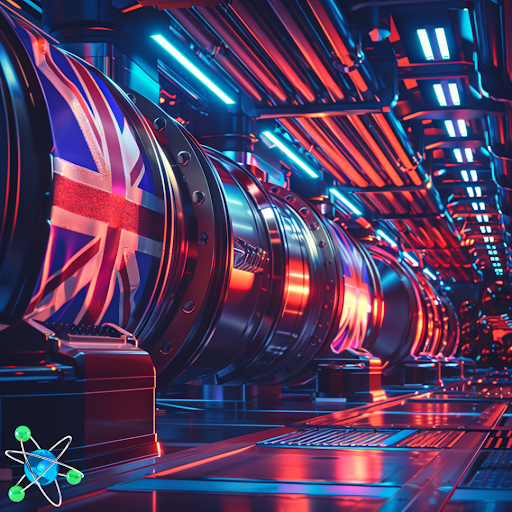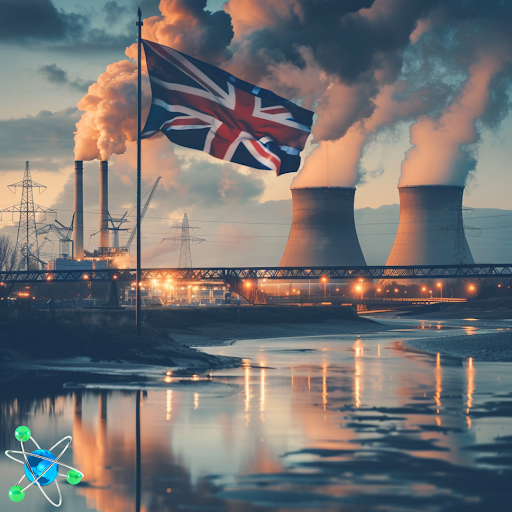
- The UK is developing an advanced uranium enrichment facility to produce HALEU, aiming to reduce European reliance on Russian energy supplies.
- This initiative is part of the UK’s broader strategy to enhance energy security, stimulate job growth, and position itself as a key supplier of nuclear fuel in Europe.
- Driven by geopolitical tensions, the UK also plans to invest in fusion energy, aiming to quadruple its nuclear capacity by 2050 and reshape European energy security.
In Europe, Russia has long held a dominant position as a key supplier of critical resources like oil, coal, and metals. This dependence has often left European countries vulnerable to geopolitical tensions and economic pressures tied to Russian interests. However, recent developments are signaling a shift, with the United Kingdom emerging as a pivotal player in breaking away from this reliance, particularly in the realm of nuclear energy.
Driven by strategic imperatives to enhance energy security and reduce dependence on Russian imports, the UK is embarking on ambitious initiatives to bolster its nuclear fuel production capabilities. Foremost among these efforts is the establishment of an advanced uranium enrichment facility in Cheshire, supported by a substantial investment of 196 million pounds. This facility, scheduled for completion within seven years, aims to produce High-Assay Low-Enriched Uranium (HALEU), a critical fuel for advanced nuclear reactors.
The initiative not only aims to secure a robust domestic supply of nuclear fuel but also positions the UK as a reliable alternative supplier to other European nations seeking to diversify away from Russian influence. This move aligns with broader national strategies to stimulate job growth and economic resilience, particularly in regions like Northwestern England, which is poised to become a global hub for nuclear fuel production.
The geopolitical backdrop, notably Russia’s controversial actions such as the invasion of Ukraine in 2022, has catalyzed the UK’s pivot away from Russian dependencies. This shift includes stringent measures to reduce Russian imports and forge stronger partnerships with nuclear allies across Europe and beyond. Moreover, the UK’s commitment extends beyond traditional nuclear technologies; it is also at the forefront of developing fusion energy, with plans to invest heavily in the construction of the first commercially operational fusion prototype power plant.
HALEU, pivotal for powering advanced reactors known for their efficiency and low-carbon footprint, plays a central role in the UK’s ambitious target to quadruple its nuclear capacity by 2050. This expansion represents the most significant growth phase in nearly a century, underscoring the UK’s leadership aspirations in shaping Europe’s nuclear future.
In essence, the UK’s strategic moves in the nuclear arena are not just about energy independence but also about reshaping the geopolitical landscape of European energy security. By pioneering advanced nuclear technologies and robust supply chains, the UK aims not only to secure its own future but also to provide a pathway for European allies to reduce dependence on Russian resources, thereby bolstering regional stability and resilience.

